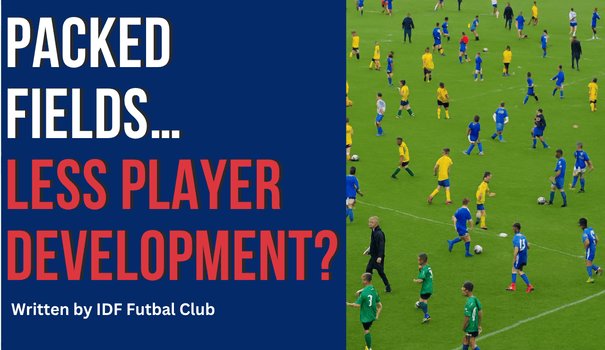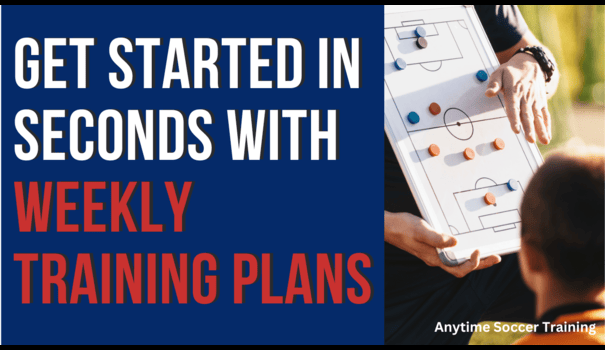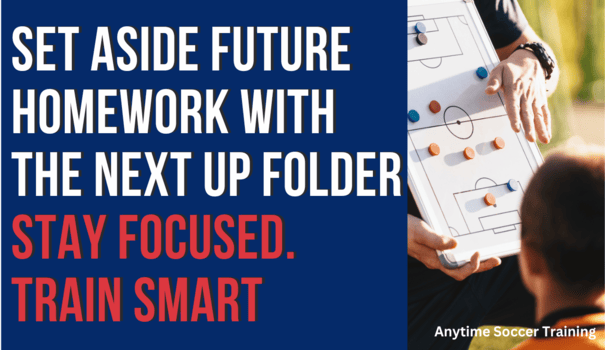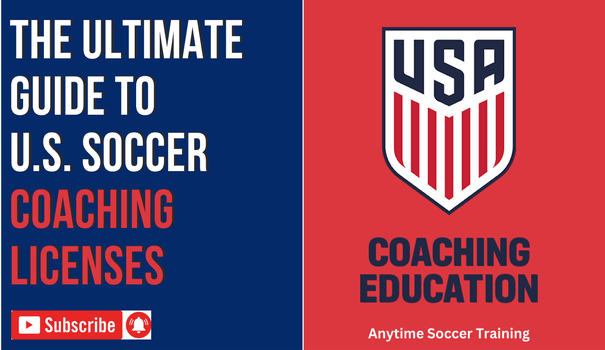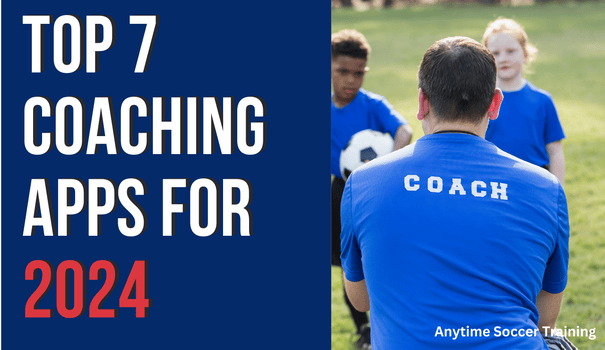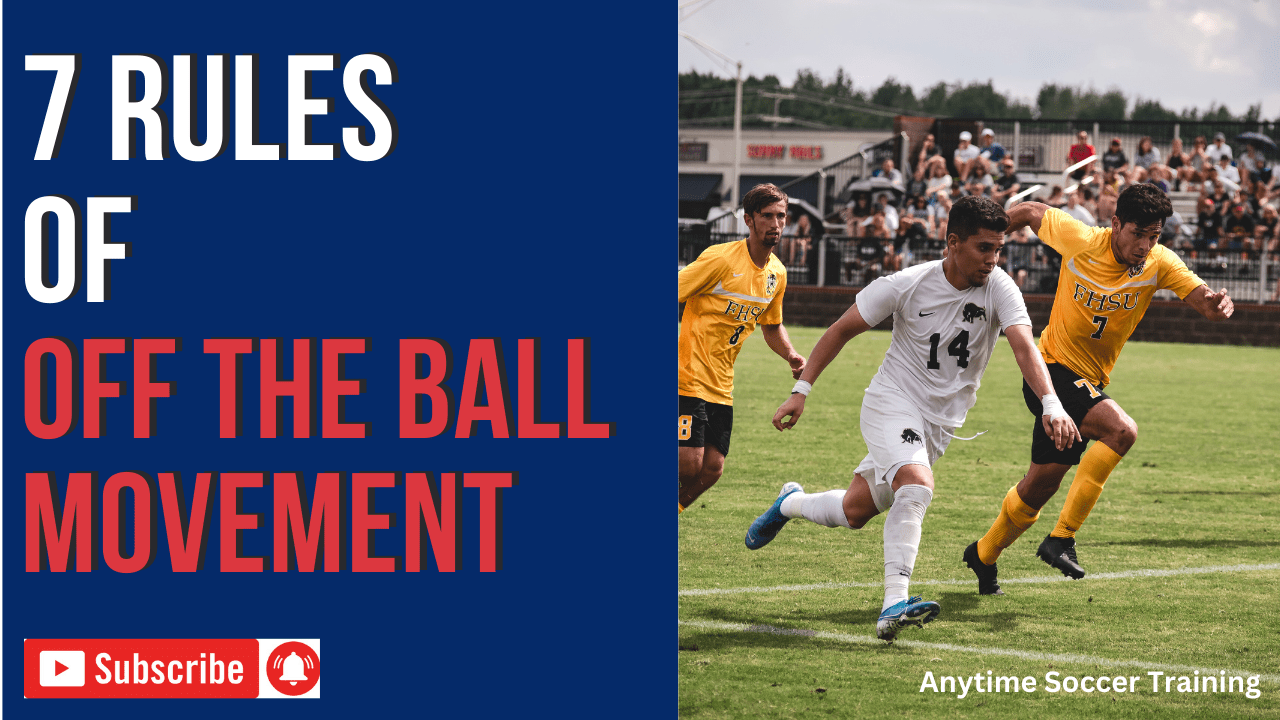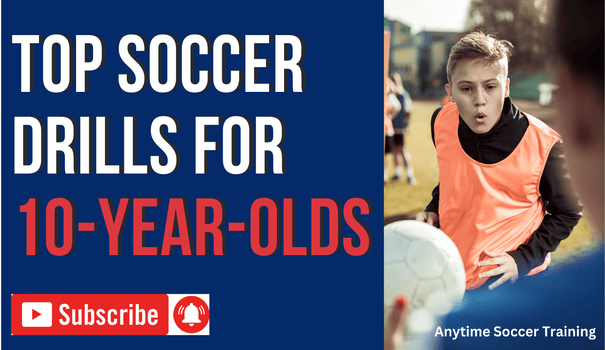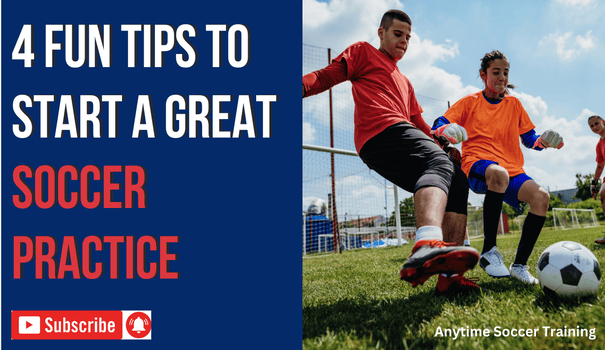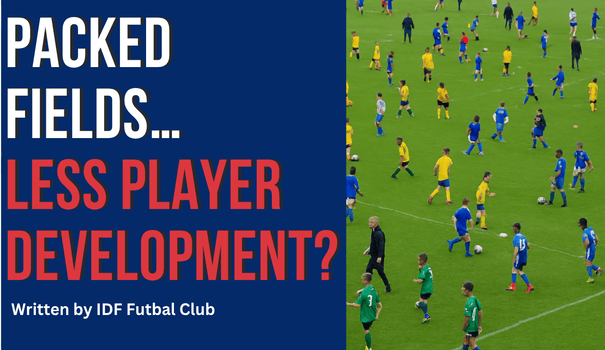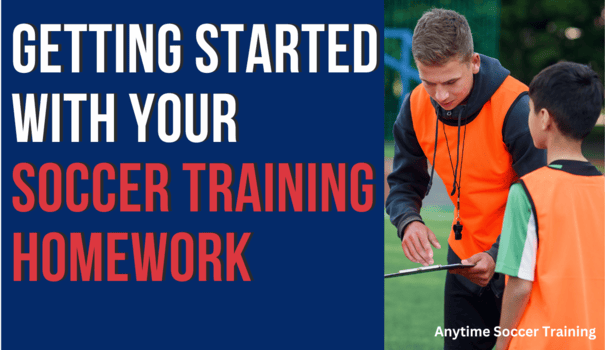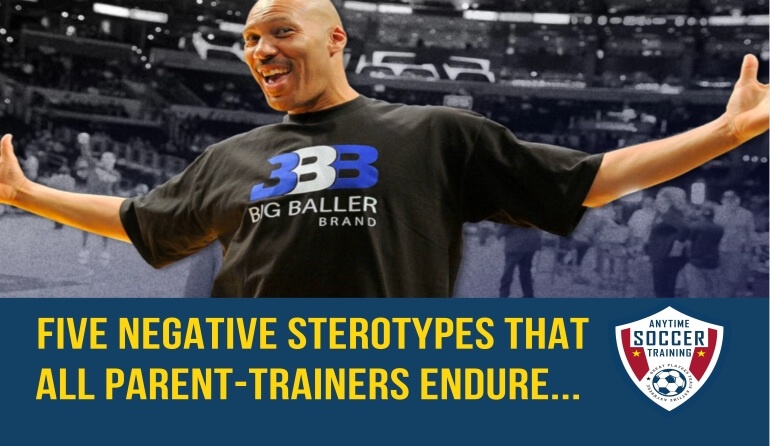
Are you an active parent who supplements your child’s soccer training at home? If so, I am sure that you have been the subject of several negative unfounded stereotypes.
The reality, however, is that there is no evidence linking the act of supplementing your child’s soccer training at home with negative parent behaviors or attitudes associated with youth sports.
Unfortunately, that fact doesn’t stop many parents and coaches from unfairly criticizing parents who actively train their children.
The logic for many parent-trainers is pretty simple;
Soccer is a skill-based sport. Team training alone is not enough. By helping my child, they gain more skill and confidence on and off the pitch – resulting in more fun and enjoyment.
And it’s totally impractical to pay someone to do it all for me.
The caveat, of course, is that it must be done in a way that’s positive and strengthens our relationship.
The following are just a few of the negative stereotypes often mentioned online and in sports parenting education circles.
You are Trying to Turn Your Kid Pro
You start helping your kid get better with their non-dominant foot (for example) and all of a sudden you must be trying to raise a pro player.
Should we apply this logic to every area we help our kids with. For example, if the parent helps them in science, does that mean they are trying to raise the next Neil Degrasse Tyson?
Having said that,
As a parent, I will never place a ceiling on my children. The “world” has plenty of people eager to do that for you.
Our job is to support them and make sure they are clear-eyed about the dedication required to reach such a goal and the hard-cold statistics that are not in their favor.
In the podcast entitled, Raising the Next Messi? Let’s Breakdown Dreams vs Expectations, I delved deeper into the subject of reconciling dreams a parent has for their child with realistic expectations. Have a listen and share your thoughts.
You Take No Days Off
You Take No Days Off
Made popular by Youtube channels such as No Days Off there is no evidence of a link between working with your child at home and over-training. If anything, eliminating the commute to and from various private trainers likely frees up time for more rest and recovery.
With that being said, all parents need to be mindful of the training load and mental state of their children. As a parent, you have a holistic view of your child’s activities. You should communicate with your child’s coaches and trainers if they are doing a lot of extra training. Most importantly,
You should constantly listen for verbal and nonverbal cues from your child on how they are feeling.
In the podcast entitled, A Deep Conversation on Early Specialization & Over-use Injuries, I sat down with Joseph Janosky, MS, PT, ATC, Director of the Sports Safety Program at HSS | Hospital for Special Surgery to discuss early sports specialization and overuse injuries. Have a listen and share your thoughts.
You Take No Days Off
You Don’t Know What You are Doing
I am not sure if you got the memo, but
Passing the ball or playing 1v1 with your child requires a coaching license and considerable playing experience at the highest level of professional soccer.
At least that’s what we are told. I believe that you have enough common sense to know the difference between helping your child in the backyard and running an EPL youth academy.
My advice is to keep helping your child develop, but
Remain reflective and mindful not to push too hard.
It helps if you narrow your focus to the specific areas that team training doesn’t address properly.
In the podcast entitled, Are You Focused On the Wrong Things, I recommended the key areas that parent-trainers can make the greatest impact on their child’s skill development. Have a listen and share your thoughts.
You Take No Days Off
You Don’t Trust the Coach
This is likely the opposite of the truth. Granted, parent-trainers have the right to hold coaches and clubs accountable, but we want to work with coaches to be part of our child’s development. It starts with placing your child in a club environment that has good training and a culture of high expectations. That allows us to sit back and watch them grow, learn and make mistakes.
In this podcast, I discussed just a few of the things I appreciate about my son’s club.
You are Living Through Your Kids
You are Living Through Your Kids
Humans are complicated.
It’s convenient and intellectually lazy to label entire groups with general stereotypes.
The reality is much more complicated. We explore these issues and much more during our podcast, The Inside Scoop.
The Inside Scoop is a safe place for parents, players, and coaches to discuss delicate issues involving youth soccer. I invite you to listen to the episodes and join the conversation!
